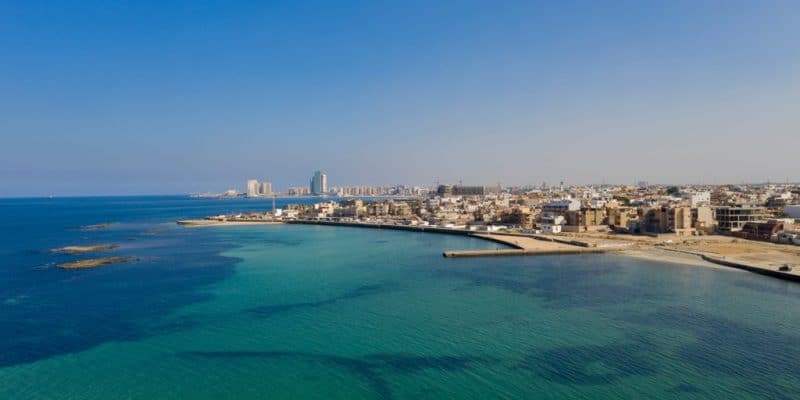The Libyan Ministry of Water Resources is preparing to revise the North African country's water strategy, as climate change exacerbates water shortages. It is due to come into force in 2025.
In exactly one year’s time, Libya is set to implement new water resource management measures. On January 23, 2024, the Libyan Ministry of Water Resources unveiled its intention to revise its water strategy, through the “Project for Strengthening the Regulatory, Legislative and Strategic Water Framework”. The initiative will be implemented with funding from the African Development Bank (ADF) and the African Development Fund (ADF), as administrator of the MIC-TAF Trust Fund). “This project aims to assess and improve the regulatory, legal, institutional and strategic framework of the water sector that will strengthen the control and sustainable management of dwindling water resources, particularly groundwater resources”, says the AfDB.
Indeed, in this country of some 6.9 million inhabitants, dominated by the heat and aridity of the Sahara, but moderated along the coast by the Mediterranean Sea, climate change has increased climatic phenomena tenfold. In the north of Libya, cyclonic storms and rains have become more frequent, and in the west in particular, unprecedented droughts are drying up surface water resources. Inhabitants have no choice but to turn to groundwater resources, which are now overexploited.
Read also –
The revised water strategy will help to “minimize Libya’s water budget deficit, raise the level of institutional performance, meet the challenges of climate change, manage and reduce the impacts of development on the environment, maintain and enhance biodiversity and the ecosystem, manage and reduce water losses, solve long-term water allocation problems, and contribute to sustainable economic growth”, reveals the AfDB. This, in a context where political instability is making it more difficult to combat climate change.
A strategy to be applied until 2050
The project is currently in the environmental risk and impact assessment phase, in line with the requirements of national legislation and the pan-African financial institution’s Integrated Safeguard System (ISS). It will be implemented by a consulting firm. “We invite eligible consulting firms to express their interest in providing assistance services for the assessment of the water sector (including recommendations), the assessment of the environmental and social system, the development of training, information and the preparation of the new water strategy no later than February 12, 2024,” says the Libyan Ministry of Water Resources.
The consulting firm’s report will be approved by the project’s executive agency, the Ministry of Water Resources, and then submitted to the AfDB for review and approval, before being made public.
Inès Magoum






